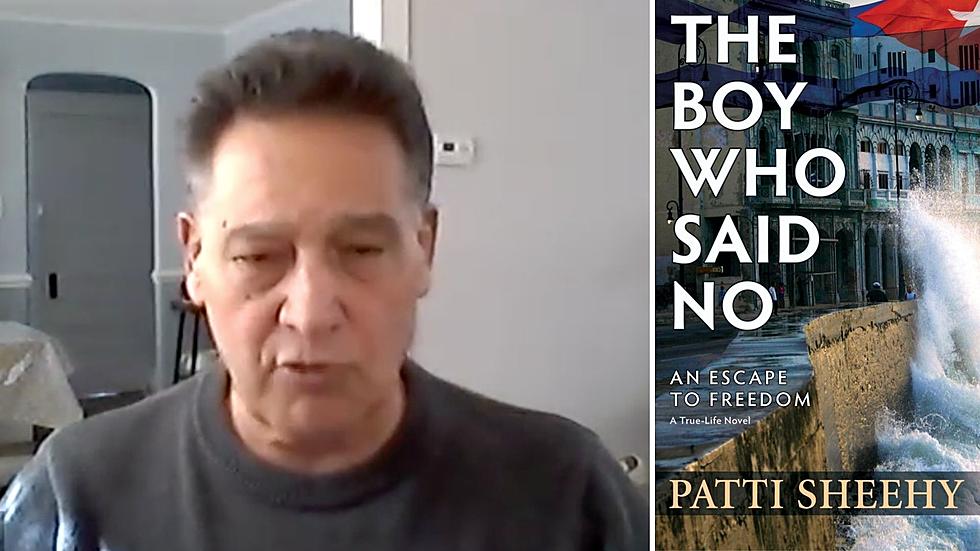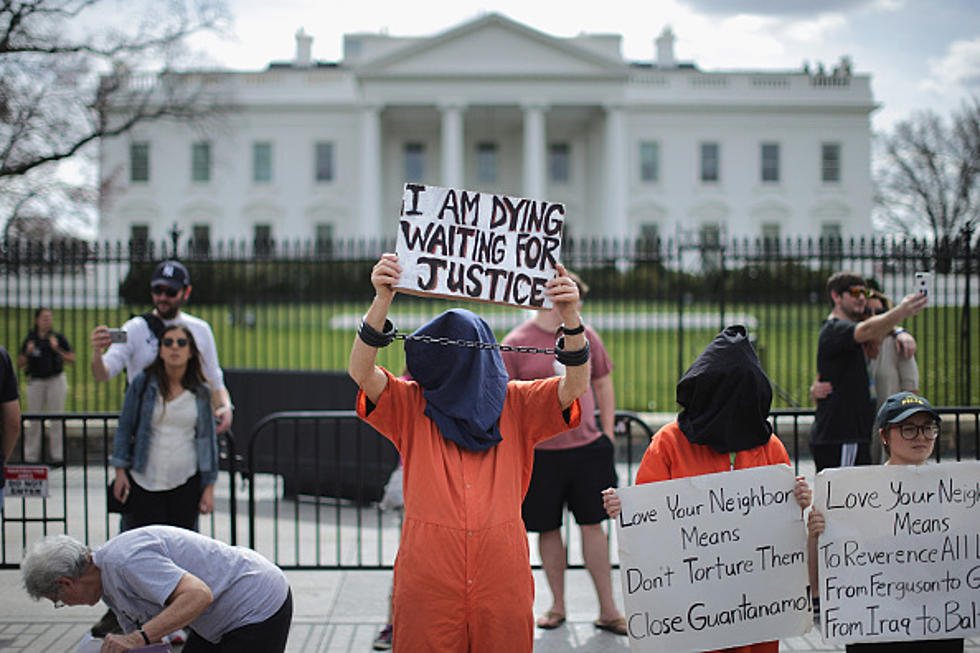
Freed Cuba dissidents praise detente, pledge push for change
HAVANA (AP) -- Cuban dissidents freed as part of a historic detente with the United States said Tuesday they support the warming of relations and predicted it will help their efforts to bring change inside their country.
Fifty-three dissidents were let go, most in the last week, as part of a deal that also saw both countries free high-profile prisoners charged with espionage and move to normalize relations after five decades of tension.
Some members of the Cuban opposition have criticized the deal, saying Washington didn't win enough concessions - an argument echoed by critics of Cuba's government outside the country, such as U.S. Sen. Robert Menendez, who called the deal "one-sided and misguided" on Tuesday.
"Will these 53 political prisoners be able to peacefully work in their country for freedom and human rights - or will they be thrown into Castro's gulags once again?" Menendez said on the Senate floor.
But freed dissidents interviewed by The Associated Press all expressed confidence that the decrease in tensions with the U.S. will improve life in Cuba and make their activism easier.
Angel Yunier Remon Arzuaga, a rapper known as "The Critic," said the detente "gives me the strength to keep demanding our rights and freedoms."
Cuba has long described domestic dissenters as agents backed by the U.S. and by expatriate critics of leaders Fidel and Raul Castro.
Remon was arrested in 2013. He said state security agents painted his house with pro-government slogans, leading to a fight with police. He was sentenced to six years for attacking state security.
Held five miles from his house in eastern Cuba, he was loaded into a car Thursday and driven outside the prison. "Right there they gave me a release document and said, `Get out,'" Remon said.
"It's a hard blow against the regime when they themselves have to let out people when they supposedly had proof that they'd committed crimes," he said.
He called the U.S.-Cuba deal "a historic moment, an overwhelming event for my country, and I feel very proud."
Miguel Alberto Ulloa, a 25-year-old Havana man arrested in 2013 for painting anti-government slogans, said that he will stay at home until the charges against him expire in two months but that he's "eager to go to the street, speak out, show that I'm dissatisfied."
He said he had watched Raul Castro and President Barack Obama's simultaneous announcements from prison on Dec. 17 and of the 100 or so prisoners of all types watching with him, "some were happy and others not."
"Some thought it was a lie and nothing is really going to happen," Ulloa said, but he expressed optimism it will bring change to Cuba.
"I think that the Cuban people really need something like what was announced," he said. "Now I have to keep fighting and find the path so that they don't jail me again. I'm not going to stop."
Reinier Mulet, a 28-year-old Havana man, said he took to the streets to paint slogans alongside Ulloa and was sentenced to three years in prison. He said the charges against him would remain in force for a year and authorities had warned him not to associate with "anti-social elements," although they said nothing about further activism.
"I'm not afraid. I'm going to carry out the same activism as Miguel Alberto. I'm thinking of holding meetings and making videos to tell Cubans about their rights."
© 2015 The Associated Press. All rights reserved. This material may not be published, broadcast, rewritten or redistributed. Learn more about our Privacy Policy and Terms of Use.
More From New Jersey 101.5 FM









